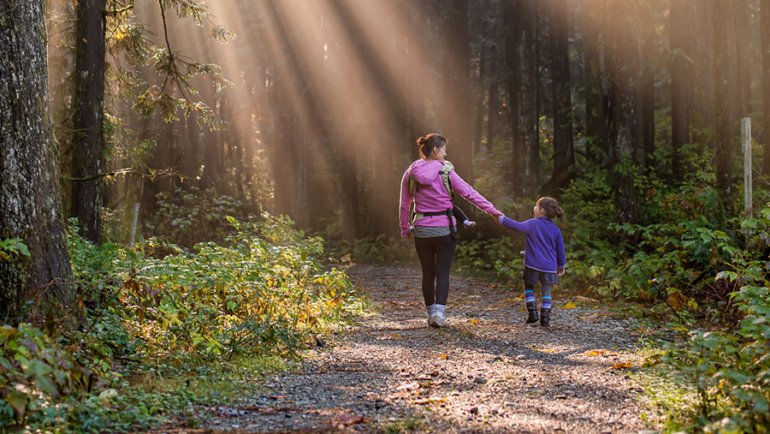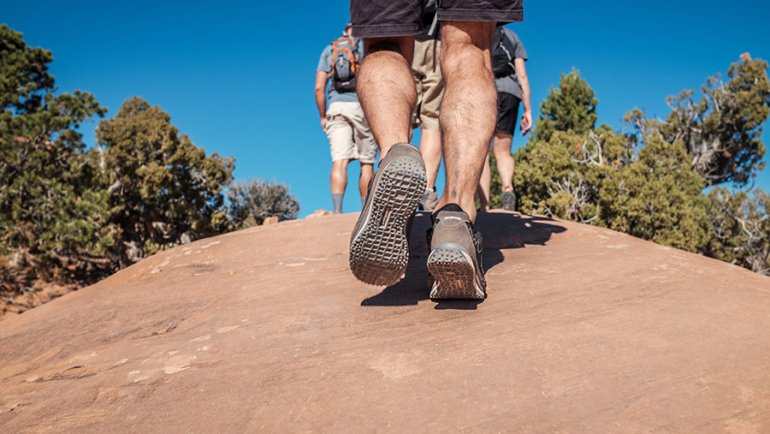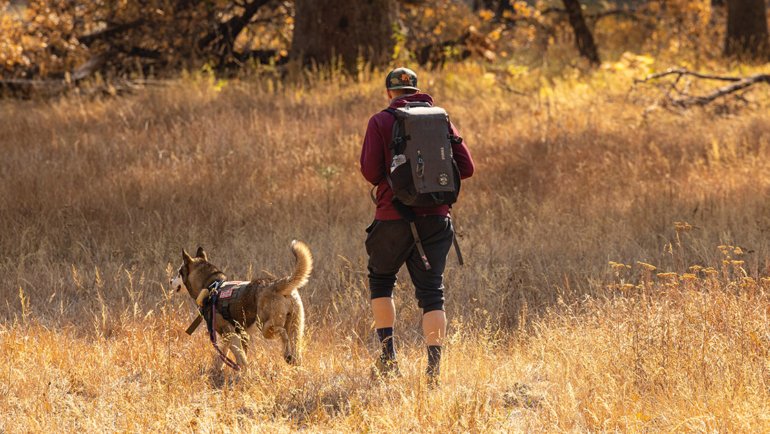Hiking offers an incredible way to experience the beauty of nature, providing both physical exercise and mental relaxation. However, hiking, whether on familiar trails or unexplored terrains, comes with its own inherent risks. Injuries can range from minor blisters to more serious incidents like sprains or even fractures.
Here’s a comprehensive guide on how to prevent injuries while hiking, ensuring that your outdoor adventures remain safe and enjoyable.
Prepare Physically and Mentally
Strong physical conditioning is crucial for preventing injuries on the trail. Regular cardiovascular exercise, strength training, and flexibility routines can help prepare your body for the demands of hiking. Focus on exercises that strengthen your legs, core, and cardiovascular system.
Acclimate to the Terrain
Try training on terrain similar to where you plan to hike. This helps prepare your muscles and joints for the specific conditions you will encounter, whether that means rocky paths, steep inclines, or uneven ground.
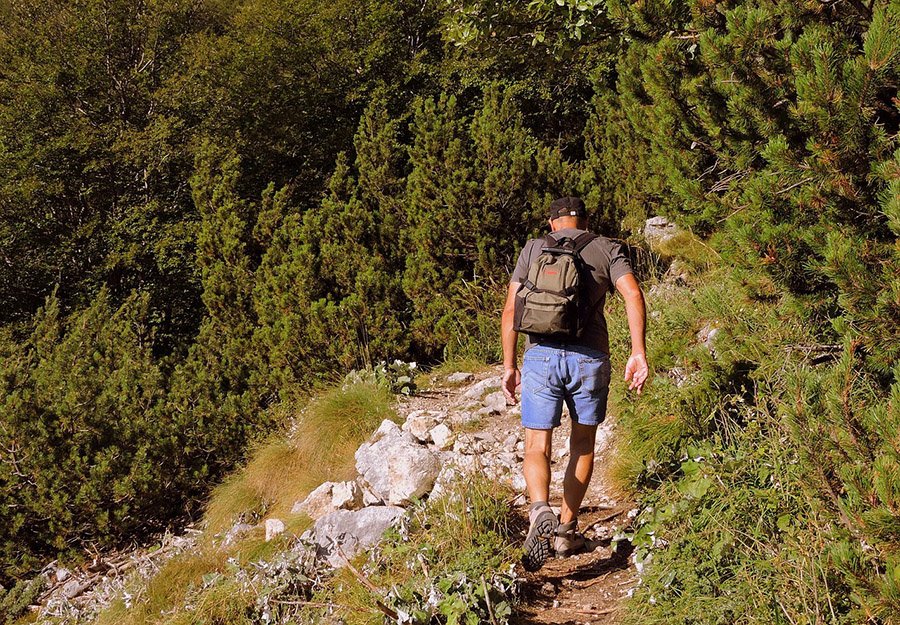
Assess Your Ability
Choose trails that match your fitness level and experience. Overestimating your abilities can lead to fatigue, which increases the risk of injury. Start with easier trails and gradually work your way up to more challenging hikes as your fitness and skills improve.
Check the Trail Conditions
Before setting out, check the trail conditions online or contact local park services for updates. Weather, recent rainfall, or trail maintenance can impact the safety of the hike. Avoid hiking on trails that are known to be hazardous under the current conditions.
Pack Smart
Carry a well-stocked first aid kit containing bandages, antiseptic wipes, blister treatment, and pain relievers. Bring plenty of water to stay hydrated and carry high-energy snacks to maintain your energy levels.
A map and compass or a fully charged GPS device are essential for staying on the right path. Getting lost can result in unnecessary stress and fatigue, increasing the likelihood of injury.
Maintain a Steady Pace
Hiking too fast can lead to fatigue and accidents. Maintain a steady, manageable pace and take regular breaks to rest and hydrate. Listen to your body and avoid pushing beyond your limits.
Pay close attention to where you place your feet, especially on uneven or rocky terrain. Use trekking poles for added balance and stability, which can be particularly helpful on steep or slippery paths.
Stay Hydrated and Nourished
Dehydration can lead to fatigue, headaches, and impaired judgment. Drink water regularly throughout your hike, even if you don’t feel thirsty. If you’re on a long hike, consider using a hydration pack to make drinking easier and more accessible.
Pack nutrient-dense snacks like nuts, dried fruit, and energy bars to keep your energy levels consistent. Avoid heavy meals that can weigh you down and stick to easily digestible foods.
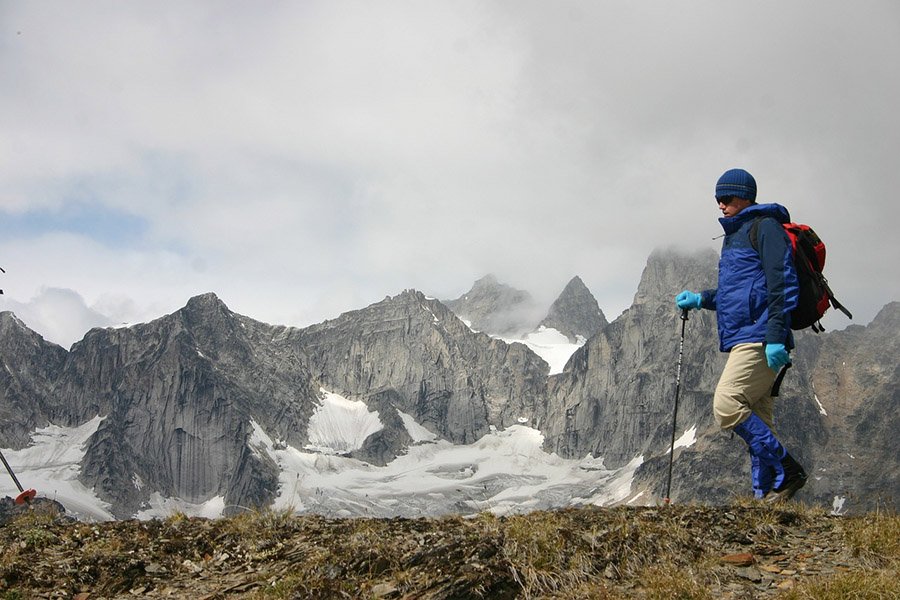
Be Aware of Environmental Factors
Check the weather forecast before heading out and be prepared for sudden changes. Extreme heat or cold can increase the risk of dehydration, heat exhaustion, hypothermia, and other injuries.
Be aware of the local wildlife and learn how to avoid encounters that could lead to injury. Make noise while hiking to avoid surprising animals, and know what to do in case of an encounter with potentially dangerous wildlife like bears or snakes.
Emergency Preparedness
The Las Vegas personal injury attorneys at Harris & Harris Injury Lawyers recommend creating an emergency plan before embarking on your hiking journey:
Emergency Contact and Tools
Carry a whistle, a flashlight, and a fully charged cellphone for emergencies. Know basic first aid and have a plan for dealing with injuries or getting help if an accident occurs.
Always let someone know your hiking plans, including your expected return time, the trail you plan to take, and any alternate routes. This ensures someone can alert authorities if you don’t return as planned.
Final Thoughts
By following these guidelines, you can significantly reduce the risk of injuries and enhance your overall hiking experience. Remember, preparation and mindfulness are key to a safe and enjoyable hike. Stay safe, stay prepared, and enjoy the great outdoors!


